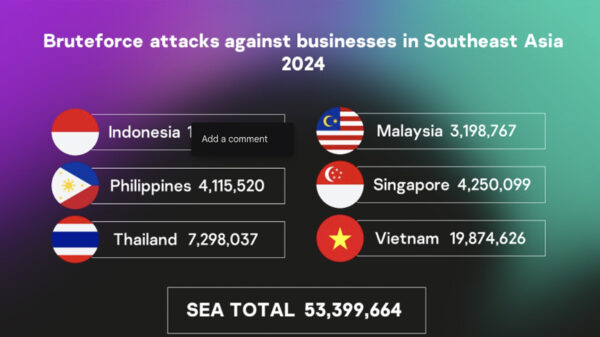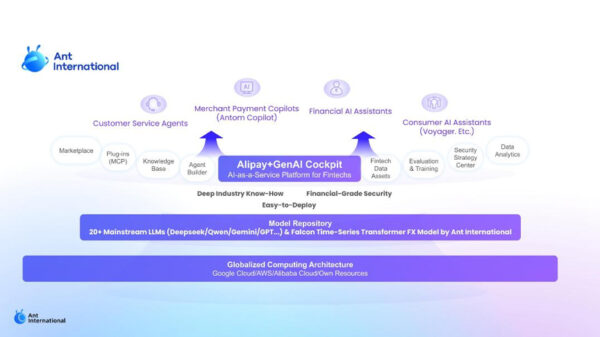The latest Kaspersky Lab study found that there’s often one person in a couple that’s less cyber-savvy and secure in their online behavior than the other. And, with couples sharing so many connected activities and devices, this can lead to data exposure, device damage, or money loss – even for the more careful partner.
Even if you are cyber-savvy, your partner (no matter how much you love them) may not be. They may, Kaspersky Lab warns, in fact be putting you at risk because of how much of your digital life – including your devices, data and activities – you share with them.
The study found that 82% of couples share devices with each other. For example, 8-in-10 share computers with their partners and half share access to their smartphones. 77% also share an account of some description, whether that’s for entertainment, banking, shopping, or other joint activities, with their partner.
While sharing digital devices is very much part of building a modern relationship, Kaspersky Lab warns that with sharing should come a joint responsibility for Internet security.
When questioned, half of people (57%) in a relationship said they think they are savvier than their partners when it comes to activities and security in the online world, with men (75%) most likely to think they are more cyber-savvy than their other half.
Those that class themselves as the more cyber-savvy person in the relationship, often find themselves helping the other out –– with 94% of these people saying they are always trying to help their other half with technology questions.
However, help sometimes goes unwanted, and a third (31%) of people who know their partners are better at IT, avoid asking for help when they get themselves into a tricky online situation.
Getting into these difficulties is common, as many people – according to our survey – behave insecurely online. For example, by connecting to Wi-Fi despite being unsure if it’s safe (58%), by downloading files from unknown websites (41%) or by leaving a device unattended in a public place (32%), all of which can endanger their devices and their data.
This can create issues for couples – a concerned 28% of cyber savvy partners say they have had more problems with their devices and online accounts since sharing them with their less cyber savvy other half. Specific problems highlighted by the research include devices getting damaged (30%) or getting accidently infected by malware (24%), partners sharing their loved one’s data without consent, either accidentally or on purpose (18%), and partners losing money by mistake or because of malware (16%).
“Sharing responsibility for Internet security might not sound very romantic, but it’s something that should be high on the agenda for couples that share access to each other’s online lives”, said Dmitry Aleshin, VP for product marketing, Kaspersky Lab. “There can be no avoiding the issue that some people in relationships, through no fault of their own, will have less digital know-how than their partners. As a result, personal data or devices can be unintentionally put at risk through certain online activities. Yes, sharing devices or accounts is important in a loving relationship, but with so much online data and privacy at stake, safety and trust is also key. So, make Internet security a joint responsibility and share protection together.”
Following a few simple steps will help couples to achieve shared responsibility for their Internet security:
- Start as you mean to go on: when you first start to share each other’s devices and accounts – for example computers, online banking and streaming subscriptions – set ground rules about what you are happy to share, and for what purpose. Stick to these rules, so that you are both comfortable.
- Don’t be afraid to ask each other for help: especially if one of you is more cyber-savvy then the other. If you are the more cyber-savvy of the two, make sure your partner feels they can talk to you about Internet security – this will mean you can help protect them and your joint digital kingdom better. And, if you are less knowledgeable than your partner, ask for help, and talk openly about cybersecurity, don’t just suffer on your own.
- Share accountability: set smart security guidelines for you both to follow – such as never logging onto insecure Wi-Fi, or never downloading files from unknown or unverified sources.
- Use technology to safeguard you both: the latest security solutions – such as Kaspersky Total Security – can look after every aspect of a couple’s joint digital kingdom, from protecting their passwords to building defences against the latest known and unknown threats. In addition, via their My Kaspersky account, the more cyber-savvy partner can manage protection for their other half.













































































































